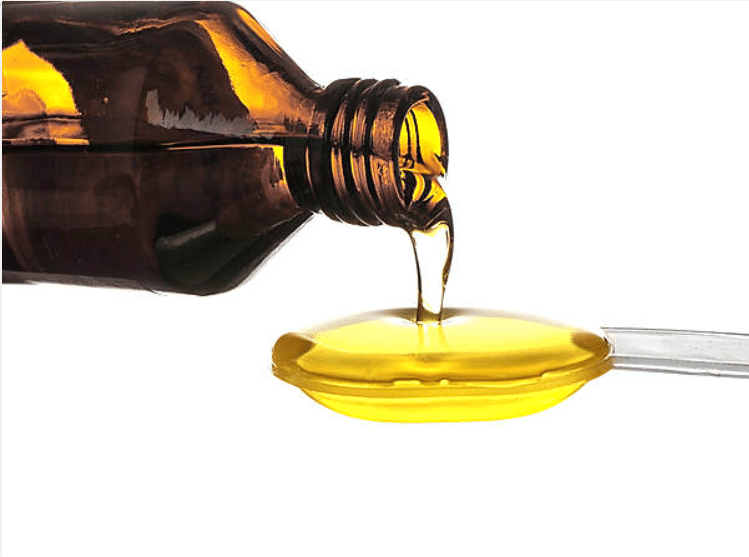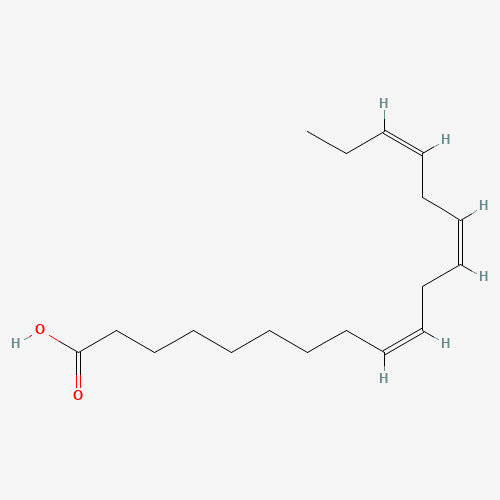
Fish Oil supplier
Looking for a dependable Fish Oil supplier? Gensei is a leading Fish Oil manufacturer with extensive capabilities at our fish oil factory in fish oil china. We offer high-grade fish oil bulk known for its excellent Omega-3 profile and purity. Our advanced refining processes at the fish oil factory ensure contaminants are minimized. As your committed Fish Oil supplier from fish oil china, we provide reliable fish oil bulk quantities to support your production needs. Partner with Gensei, a reputable Fish Oil manufacturer, for consistent quality and a secure supply chain.
Please note: We are a wholesale supplier and have minimum order quantities.
Have questions about this product? Our team is here to help. For inquiries about multiple ingredients, please use the Contact Us option and include the list of ingredients in your message.
Fish Oil CAS No.: 8002-50-4
Chemical Name: Fish oil
Synonyms:
- Marine Oil
- Omega-3 Fatty Acid Oil (from fish)
CB Number: CB4854184
Molecular Formula: Not applicable as it is a complex mixture of triglycerides containing various fatty acids, with EPA (C₂₀H₃₀O₂) and DHA (C₂₂H₃₂O₂) being key components.
Molecular Weight: Not applicable as it is a mixture. The molecular weight of triglycerides varies depending on the fatty acids attached, but is generally in the range of 800-900 g/mol.
MDL Number: MFCD00146485

fish oil manufacturing process
Fish oil is extracted from fatty fish tissue and refined to produce a purified oil.
(e.g., Anchovies, Sardines, Mackerel, or Fish Byproducts)
(Fish tissue is heated or pressed to release the crude oil)
(Separating the crude oil from water and solids)
(Neutralization to remove free fatty acids)
(Bleaching to remove pigments)
(Deodorization to remove odor and volatile compounds)
(Winterization to remove saturated fats)
(Removing contaminants like heavy metals, PCBs, and dioxins, and potentially concentrating EPA/DHA)
(Testing for EPA/DHA content, purity, oxidation markers (peroxide, anisidine values), contaminants, etc.)
(Purified fish oil is packaged in airtight, light-resistant containers and stored under inert gas/cool conditions to prevent oxidation)
This flowchart outlines the general process for manufacturing fish oil. Specific steps and details may vary depending on the manufacturer and desired purity.
Why Choose Gensei as Your Fish Oil Supplier?
Choosing Gensei as your Fish Oil supplier ensures you partner with a reputable Fish Oil manufacturer. Operating a modern fish oil factory in fish oil china, we provide high-quality fish oil bulk with guaranteed purity and potency. Our advanced refining processes, including molecular distillation, significantly reduce contaminants.
We understand the demand for reliable fish oil bulk supply. As your dedicated Fish Oil manufacturer and Fish Oil supplier, Gensei offers competitive pricing and efficient logistics from our fish oil factory in fish oil china. Trust us for consistent quality and a secure source for your fish oil bulk needs.
Features and Benefits
- Rich in Omega-3s: A primary source of the long-chain Omega-3 fatty acids Eicosapentaenoic Acid (EPA) and Docosahexaenoic Acid (DHA).
- Appearance: Typically pale yellow to brownish-yellow liquid.
- Odor & Taste: Can have a distinct “fishy” odor and taste, though refining processes minimize these.
- Sensitivity: Highly susceptible to oxidation (rancidity) when exposed to air, light, and heat, requiring careful handling and storage.
Applications
- Dietary Supplements: Most common application, available in softgels or liquid for cardiovascular, brain, eye, and joint health.
- Food Fortification: Added to some foods and beverages (e.g., milk, yogurt) to increase Omega-3 content.
- Pharmaceuticals: Used in some prescription medications for very high triglyceride levels.
- Pet Food: Included in supplements and foods for pets for skin, coat, and joint health.
Our State-of-the-Art Manufacturing Facilities
Explore our modern facilities equipped with advanced technology to ensure the highest quality in the production of your vitamins, herbal extracts, minerals, and amino acids.











FAQs
Fish oil is typically manufactured by rendering (heating) or pressing the fatty tissue of fish, then refining the crude oil through steps like neutralization, bleaching, deodorization, and purification (e.g., molecular distillation) to remove impurities and contaminants.
The fish oil manufacturing process involves sourcing fatty fish or byproducts, extracting the crude oil, and then undergoing a series of refining and purification steps (neutralization, bleaching, deodorization, molecular distillation) to produce a clean, concentrated fish oil suitable for consumption.
It is crucial to consult with your surgeon or doctor about when to resume fish oil supplementation after surgery. Fish oil can potentially affect blood clotting, and your doctor will advise based on the type of surgery and your individual recovery.
Yes, you can generally take black seed oil and fish oil together. Black seed oil contains beneficial fatty acids and compounds like thymoquinone, while fish oil provides Omega-3s (EPA/DHA). There are no known contraindications to taking them concurrently.
Yes, fish oil can go bad (become rancid) if not refrigerated, especially after opening. Its high content of polyunsaturated fats makes it susceptible to oxidation from exposure to air, light, and heat. Refrigeration slows down this process.
Yes, you can generally take fish oil with multivitamins. There are no known common interactions between fish oil and typical multivitamin ingredients.
Fish oil capsules should be stored in a cool, dark place, away from direct sunlight and heat. Refrigeration can help extend their shelf life, especially after opening, but is not always strictly required if stored properly according to the label instructions. Keep the bottle tightly sealed.
Autophagy is a cellular process of recycling damaged cell components. Some research suggests that certain dietary fats, including Omega-3s, might influence autophagy, but the direct effect of typical fish oil supplementation on stopping autophagy in humans is not definitively established and is an area of ongoing research.
Yes, taking fish oil breaks a fast from a caloric perspective, as it contains fat and calories. If you are doing a strict fast that avoids all calories, then taking fish oil would break it.
To get rid of fish oil smell from clothes, pretreat the affected area with a degreaser or dish soap, then wash in hot water with detergent and a cup of white vinegar or baking soda. Air drying is best, as heat from a dryer can set the odor.
Fish oil burps can sometimes be reduced by taking fish oil with meals, freezing the capsules, choosing enteric-coated capsules, or opting for a different form of Omega-3 (like algal oil). Some brands also have processing methods that reduce burping.
No, CoQ10 (Coenzyme Q10) and fish oil are not the same. CoQ10 is an antioxidant involved in energy production in cells. Fish oil is a source of Omega-3 fatty acids (EPA and DHA). They are different compounds with different functions, although they are sometimes taken together for synergistic health benefits.
Fish oil supplements may be eligible for reimbursement with a Flexible Spending Account (FSA) or Health Savings Account (HSA) if they are recommended by a physician to treat a specific medical condition. Check with your FSA/HSA administrator for specific guidelines.
Yes, fish oil supplements do expire. The expiration date on the packaging indicates when the product is expected to remain potent and safe if stored properly. Oxidized (rancid) fish oil can be harmful. Check the expiration date and store them according to instructions.

